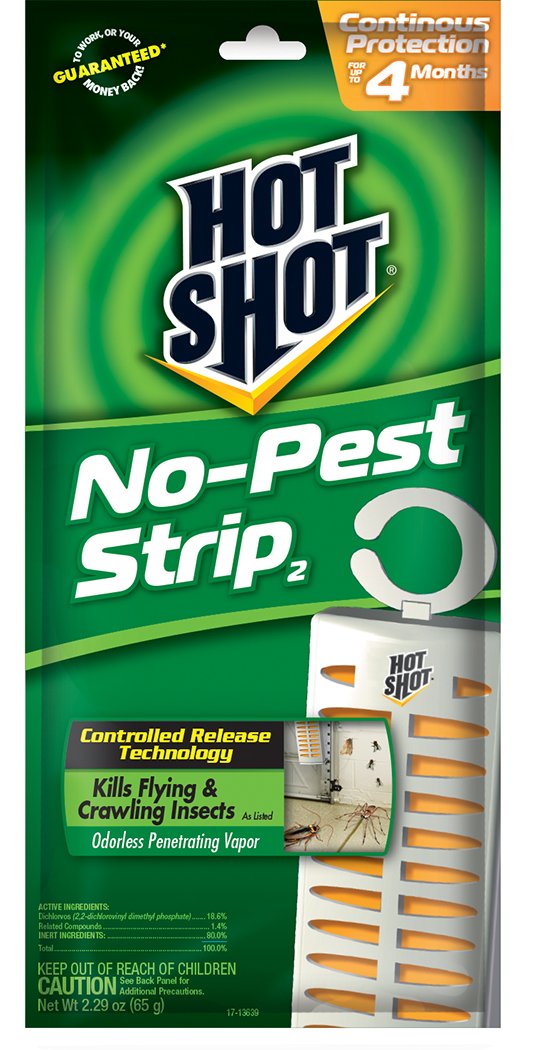
WASHINGTON (AP) — The Supreme Court said Tuesday that police may not extend an ordinary traffic stop to
seek evidence of crimes unrelated to the offense that prompted officers to pull a vehicle over.
The justices voted 6-3 in favor of a driver who was found to have methamphetamine in his car.
Dennys Rodriguez was issued a warning for driving on the shoulder of a Nebraska highway and then made
to wait less than 10 minutes for officers to walk a drug-sniffing dog around the car.
The dog alerted and a search of the vehicle turned up the drugs.
But Justice Ruth Bader Ginsburg said in her majority opinion that prolonging the traffic stop
beyond the time needed to deal with the initial offense was improper, even if only for a few minutes.
Police may typically inspect a driver's license, ask for the registration and proof of insurance and check
for outstanding warrants because they all are aimed at ensuring that vehicles are operated safely,
Ginsburg said. "A dog sniff, unlike those stock inquiries, lacks the same tie to roadway safety," she said.
Ginsburg also swatted away arguments that the total duration of the stop was reasonable.
The precise amount of time involved is unimportant, she said.
"A traffic stop becomes unlawful if prolonged beyond the time in fact needed to complete all traffic-based inquiries,"
Ginsburg said. Justices Samuel Alito, Anthony Kennedy and Clarence Thomas dissented.
Rodriguez won at the Supreme Court on Tuesday, but he may not be free of legal trouble.
It is possible that the police had a reasonable basis, independent of the traffic stop,
to suspect that Rodriguez was engaged in drug dealing, Ginsburg said.
Lower courts now will consider that issue.
Alito called Tuesday's decision "unnecessary, impractical and arbitrary"
because the officer did have reasonable suspicion that the car contained drugs.
The case is Rodriguez v. U.S., 13-9972.
here: http://news.yahoo.com/justices-police-cant-extend-traffic-stop-awaiting-drug-142805661.html




